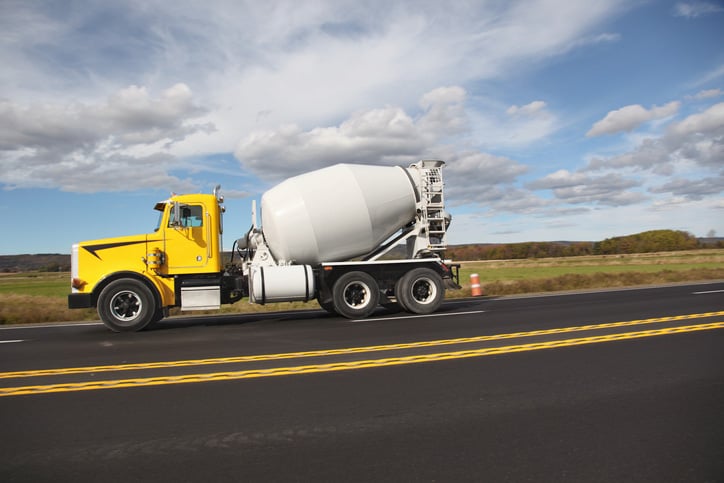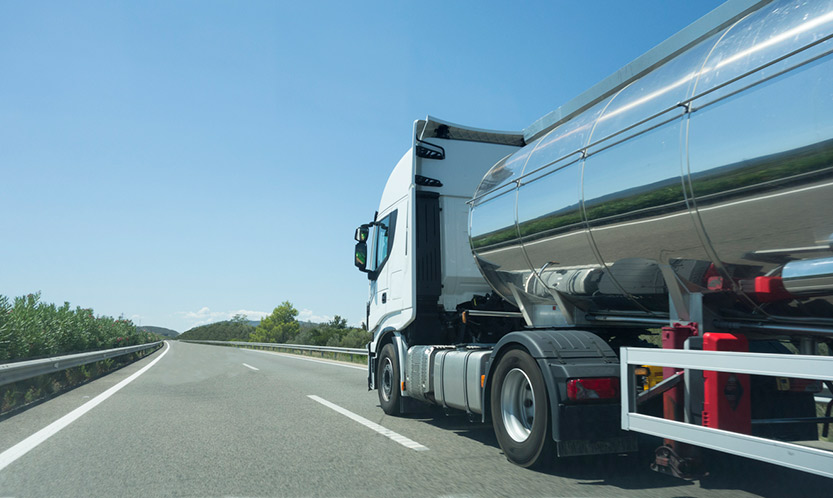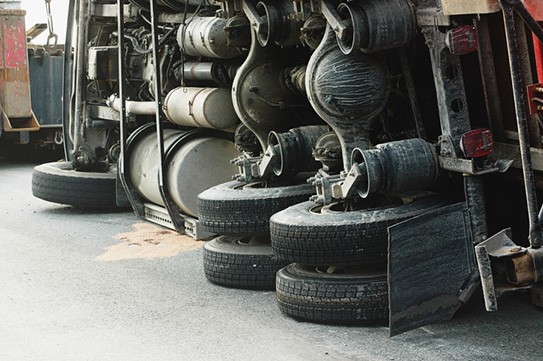TRAILER SWAY TRUCK ACCIDENT ATTORNEYS
Even if you don’t know what trailer sway is, it’s a danger to you and other drivers on the road. When you drive, you expect the vehicle next to you to stay in its lane. However, when it’s a trailer, there’s the risk that the trailer fishtails into your path. Trailer sway occurs when a trailer travels side to side, departing from its lane of travel. The result of this type of accident can be devastating.
Our Colorado truck accident attorneys share what you need to know about trailer sway and what to do when trailer sway accidents occur.
Bachus & Schanker Wins – Over $1 Billion Recovered
- What Is Trailer Sway?
- What Causes Trailer Sway?
- What Is Trailer Sway Control?
- What Should You Do If Your Trailer Starts Swaying?
- What Are Common Trailer Sway Accident Injuries?
- What Damages Can You Recover if You're Hurt in a Trailer Sway Accident?
- Lawyers for Trailer Sway Accidents
- Related Truck Accidents Resources
What Is Trailer Sway?
Trailer sway occurs when a trailer (attached to a vehicle or commercial truck) weaves from its lane of travel. The trailer does not travel straight behind the vehicle towing it. Instead, something forces the trailer to sway from side to side. Trailer sway is a dangerous condition that may cause an accident.
What Causes Trailer Sway?
Some causes of trailer sway that result in accidents include:
- Windy Conditions – Wind puts sideways pressure on a trailer. Even a relatively light wind can cause significant sway. A camper or any other kind of trailer is large. It has a wide surface, so it is likely to be heavily impacted by even a light wind. While the driver can hold onto the wheel and adjust, the trailer itself is just along for the ride.
- Poor load distribution – The distribution of weight in the trailer may contribute to sway. If all the gear is at the end, far away from the vehicle towing it, the extra weight may make the trailer harder to control. Small turns of the wheel can send the trailer swaying.
- Weight – Apart from a poorly distributed load, the weight of the trailer, along with too much tongue weight, can create sway. A vehicle may safely tow a trailer up to a certain weight. However, swaying can occur if the vehicle is towing too much.
- Uneven roads – Uneven surfaces can jolt the trailer out of its lane. Poor road conditions may result from debris, deteriorating road surfaces, and weather conditions.
- Tire pressure – Tire compression can make a trailer harder to control. Trailer tires must be inflated to recommended levels to prevent issues.
- Passing vehicles – Air pressure from large vehicles like trucks can increase trailer sway. As a large vehicle passes, it displaces the air around it. Drivers should prepare to make small adjustments and drive defensively.
- Driving behavior – Sharp turns can contribute to trailer sway. In addition, driving too fast, especially downhill, may create forces that cause swaying. A driver should have sufficient training to drive with a trailer1, including learning how to respond to unusual circumstances.
What Is Trailer Sway Control?
Some vehicles have safety features that monitor and reduce trailer sway. Monitoring systems know what to do when trailer sways and may apply the brakes to individual wheels while reducing engine power.
However, the warning system is not meant to replace driver monitoring and the importance of proper vehicle loading. When a trailer sway warning appears, the driver should stop and secure their load for safe travel.
What Should You Do If Your Trailer Starts Swaying?
If your trailer starts swaying, avoid slamming on the brakes or suddenly jerking your wheel. Lift your foot off the gas right away, but do not brake suddenly. Your speed should slow down on its own. Then, consider these tips:
- Keep the wheel traveling straight ahead. Don’t turn it—that could make the situation worse. Continue to allow the vehicle to slow down. Apply trailer brakes slowly, if you have them, once you slow down. Wait to regain control.
- Once you are back in control, stop as soon as you can. Check on your trailer load to see what needs to be moved or adjusted. Remember, a little bit more than half of the trailer weight should be secured at the front of the trailer. Make sure that items cannot move and shift as you drive. Be sure that the weather and road conditions are such that it’s safe for you to continue to travel.
- Take it easy. When you get back on the road, drive more slowly than you were driving when the sway occurred. Check your hitch to make sure that it did not contribute to the sway.
What Are Common Trailer Sway Accident Injuries?
Common injuries in trailer sway accidents may include:
- Internal organ damage from crushing and blunt force trauma
- Broken bones
- Paralysis, injuries to the spine
- Whiplash
- Cuts and bruises, including from broken glass
- Concussion and brain injury
- Wrongful death
Trailer sway accidents are often single-vehicle accidents where the vehicle and trailer run off the road. However, they can also strike other vehicles and create multi-vehicle accidents.
What Damages Can You Recover if You’re Hurt in a Trailer Sway Accident?
When you’re hurt in an accident involving a swaying trailer, the driver of the vehicle or semi-truck with the trailer is almost always responsible for at least some degree of negligence. It is their duty as a driver on the road to ensure that their vehicle and load are secure and fit for travel. If you are hurt, there is a good chance that you qualify to recover damages.
Compensation may include the range of damages available in most car accidents, including:
- Medical bills
- Lost income
- Property damage
- Pain and suffering
You may also claim compensation for permanent disability, scars, and the ways the crash has impacted your life. As you receive medical attention and work through the aftermath of a trailer accident, gather documentation of your economic losses.
Our experienced Colorado attorneys for car accidents can help you evaluate the types of compensation that are available and who may be held responsible, including truck drivers or a commercial trucking company. When the insurance companies aren’t paying what you deserve, you can bring a legal claim for fair compensation.
Lawyers for Trailer Sway Accidents
If you were hurt because of a trailer sway accident involving other vehicles or big rigs, you may deserve financial compensation. Our Colorado truck accident lawyers handle these types of claims and can work to prove your right to monetary compensation. Contact our law firm today to schedule a free consultation. We are conveniently located at 5 Colorado locations near you in Denver, Fort Collins, Colorado Springs, Aurora, and Englewood. Our attorneys are ready to serve you and fight for the compensation you deserve.
Sources:
1National Highway Traffic Safety Administration (NHTSA). (April 2002). Towing a Trailer – Being Equipped for Safety. Retrieved 24 February 2022.
Related Truck Accidents Resources

Written and Legally Reviewed By: Kyle Bachus
4.6 ★★★★★ 1,461 Google Reviews
Kyle is a member of the Colorado and Florida Bar associations and has served on the Board of Directors of the Colorado Trial Lawyers Association for more than twenty years in total. Over the years, Kyle has achieved justice for many clients. He has served on numerous committees and repeatedly won recognition from his peers at both the state and national level. He is proud of the role he has played in the passage of state and national legislation to protect consumers and is a frequent speaker and guest lecturer.










